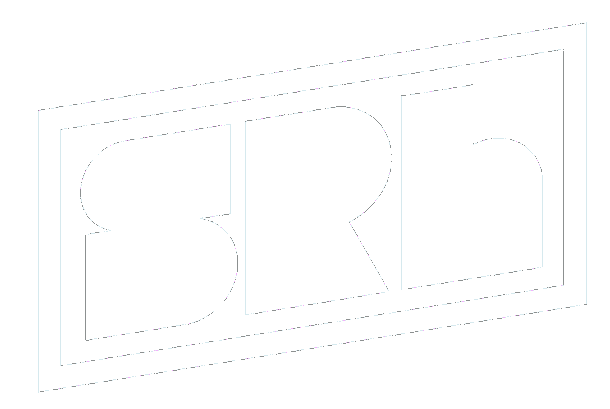WARNING: For Creatives Only
Betty here, creative director at SRH.
Being creative and being “a creative”: Is there a difference? Rick Rubin had me thinking about that today in his book, "The Creative Act: A Way of Being." It made me realize that during some of the most creatively rewarding moments of my life, nobody really referred to me as “a creative.”
It wasn’t until my first job as a production artist that I was actually called one (joyous trumpet sounds), a creative. Then, when I went back to school, I was called a student for a while (sad trumpet sounds). Then, after a few other roles, I was back to being called a creative, and here I’ve proudly been ever since (jazzy trumpet).
When you think about it, calling yourself a creative IS a weird way of saying you make things for a living. We don’t call an educator “an educative,” a contractor “a contractive,” and a facilitator “a facilitative.” Shouldn’t we just be called creators? Or is that too limiting. Or maybe worse, is that too all-powerful – like we’re gods or something? Oh labels, but I digress.
Anyhow, one day after the SRH creative team went on a creative outing, I heard a coworker from another department say, “Hey, we should all go. We’re all ‘creatives,’ right?” Well, I thought, isn’t that like me saying we are all project managers or that we’re all surgeons? I mean, I had worked so hard to earn this distinction. And yet, in my bones, I knew he was right.
That’s why Rubin's book "The Creative Act" has been both revelatory and affirming about who and what the creative is. There is no certificate or title or portfolio that marks the entry of a creative, makes one person creative and one not. As Rubin says, creativity is not a talent that some people are born with, but rather a skill that can be developed through practice and experimentation. It’s not a thing. Like the title says, it’s a way of being. Maybe you knew this already, but it bears repeating like a mantra.
If you don’t know Rick Rubin already, he’s basically the maharishi of music (and if none of that makes sense, Google a little deeper, I’ll wait). Basically, after co-founding Def Jam Records in the 80’s, Rubin went on to revolutionize the music industry, pulling genius albums out of a myriad of performers too lengthy to name here.
Like many other creatives (there’s that word again) I have devoured his book, sometimes eyes meditating on one lone sentence on a page, other times pondering his comforting words a la audiobook during a morning walk. It is one of those books, however, that you cannot, or at least should not, listen to passively in my opinion. Be in the now with it.
Should I, like everyone else, relay the many beautifully generous observations he shares about creativity? Chances are, you’ve already been served up articles, LinkedIn posts, TV segments and so on about this book. I have to say though, as a creative (wink), I hate the idea of condensing this book down to seven bullet points listing all of the words you might expect to see; collaboration, freedom, getting messy, all the fun stuff – and yes, he goes there. But this book is so much more. So I’d rather leave you with one single quote that puts me in agreement on the matter of who can and cannot be a creative, and it’s from page one so no real spoilers. It goes like this.
Creativity is not a rare ability.
It is not difficult to access.
Creativity is a fundamental aspect of being human.
It’s our birthright.
And it’s for all of us.
So, creative. What are you making today? A logo, a story, a salad, a song. Maybe it’s an email for Matt Sabljak. All in all, it’s a pretty nice way of being.
-Betty

